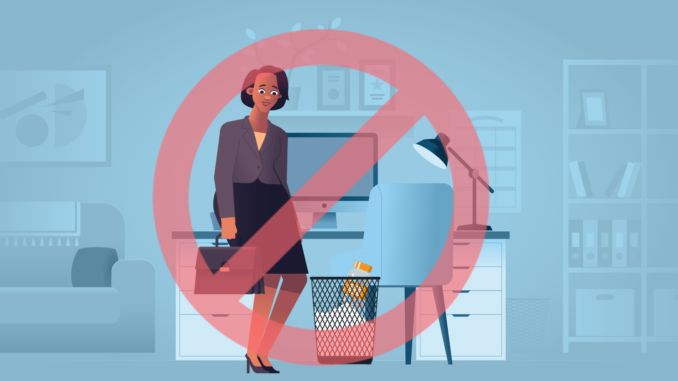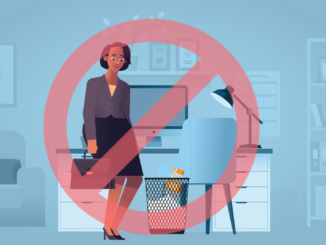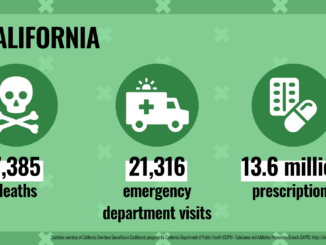
Safe disposal drug take-back bins help community avoid hazards of unwanted drugs
by Anne Stokes
“It should be as easy to return unused pharmaceuticals as it is to buy new ones,” says John Davis, administrator for the Mojave Desert and Mountain Recycling Authority.
He notes that there are hazards associated with less responsible disposal methods.
“If you flush medications, it goes into wastewater treatment plants and eventually ends up in groundwater,” he says. “Just throwing them into the trash can allow people to rummage through and pull them out for abuse.”
“It should be as easy to return unused pharmaceuticals as it is to buy new ones.”
John Davis, Administrator, Mojave Desert and Mountain Recycling Authority
Here are his answers to frequently asked questions about take-back bins:
How do medication take-back bins benefit the communities they’re in?
Take-back bins provide convenient and secure disposal options for unwanted or expired medications. In the past, users were encouraged to flush medications down the drain or throw them away in the trash, both of which can contribute to pollution. Stockpiling medications in the home can also contribute to intentional misuse or accidental poisonings.
What can be disposed of in the bins?
Bins accept prescription and over-the-counter medications, medical patches, as well as pet medications and medicated ointments and lotions tightly sealed in their original containers. Disposal requirements are posted at each bin location.
What materials cannot be disposed of in the bins?
Community residents are advised not to put controlled substances in the bins, such as marijuana, heroin, or LSD for example. For safety reasons, medical sharps and needles, compressed cylinders such as asthma inhalers, chemotherapy or radiopharmaceuticals, and medical devices such as thermometers should also not be disposed of in bins. Sites will not be held responsible for materials deposited into bins.
What locations are suitable to host a take-back bin?
Pharmacies, hospitals with pharmacies, and law enforcement locations are suitable locations as they can provide proper management and security for materials.
What are sites responsible for handling?
Sites are responsible for maintaining bins and ensuring they are securely located inside. Sites are responsible for educating customers on what materials they can responsibly dispose of. Once full, sites are responsible for scheduling material pick-ups and preparing the package and liner for pick up.
Host sites may also be responsible for a monthly service fee for the collection and proper disposal of materials. Although costs may vary depending on a number of factors, the estimated service fee is $165 a month.
Who can we contact?
Sites can contact Drug Takeback Solutions Foundation and MED-Project.
To find a bin near you, go to medtakebackcalifornia.org.
Read more stories about med bins in California’s High Desert.
Brought to you by the California Drug Take-Back Program and the California Product Stewardship Council.
Recent facebook posts from California Product Stewardship Council

The California Product Stewardship Council (CPSC) is a powerful network of local governments, non-government organizations, businesses, and individuals supporting policies and projects where producers share in the responsibility for managing problem products at their end of life.
CPSC is California’s thought leader and expert on Product Stewardship and the Extended Producer Responsibility (EPR) movement.
EPR enjoys the support of more than 26 million Californians. That’s nearly 70% of the state's population! Nearly 150 resolutions have been passed by California local jurisdictions and organizations supporting a more sustainable and toxic free environment through product stewardship. CPSC works closely with companies who have redesigned products for reuse as well as those who have established pilot or permanent collection programs with some sharing of costs with others in the product chain.
California Product Stewardship Council



